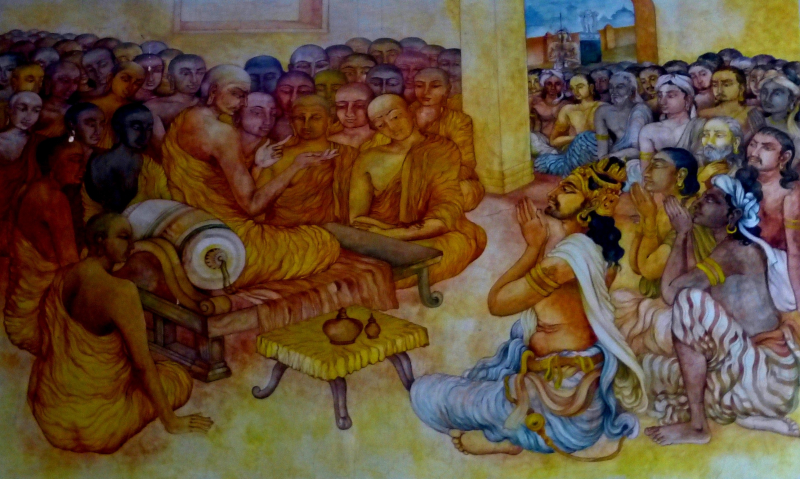He adopted many welfare measures for people
According to Ashoka's many inscriptions, he dedicated himself to the dissemination of Dhamma or the practice of Gautama Buddha's teachings. He chose the road of peace and nonviolence, took a humanitarian approach to administration and policymaking, and implemented a slew of social welfare programs. The creation of medical treatment facilities for humans and animals, as well as the planting of medicinal herbs, were among them (Rock Edict 2). For the ease of passers-by and travelers, the Mauryan Emperor ordered that the kingdom's roadways be supplied with trees, wells, and inns (Pillar Edict 7).
The king encouraged obedience to parents, generosity toward priests and ascetics, and frugality in expenditures by repealing the death penalty (Pillar Edict 4). Ashoka also established administrative roles such as the dhamma-mahamattas, who were in charge of the elderly, women, and children, as well as numerous religious groups. They were also dispatched on diplomatic trips to west Asian Hellenistic nations in order to spread the dhamma.
The adoption of multiple welfare measures for all is recognized as one of Ashoka's main achievements. In particular, he paid more attention to the elderly and children, which made people love him more. Not only that, but he also devoted himself to the country.











